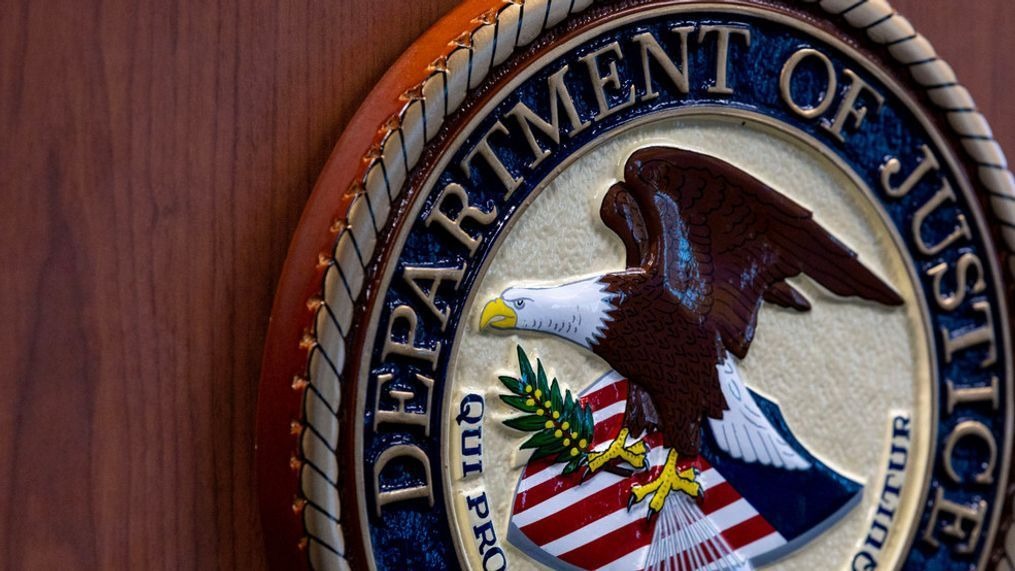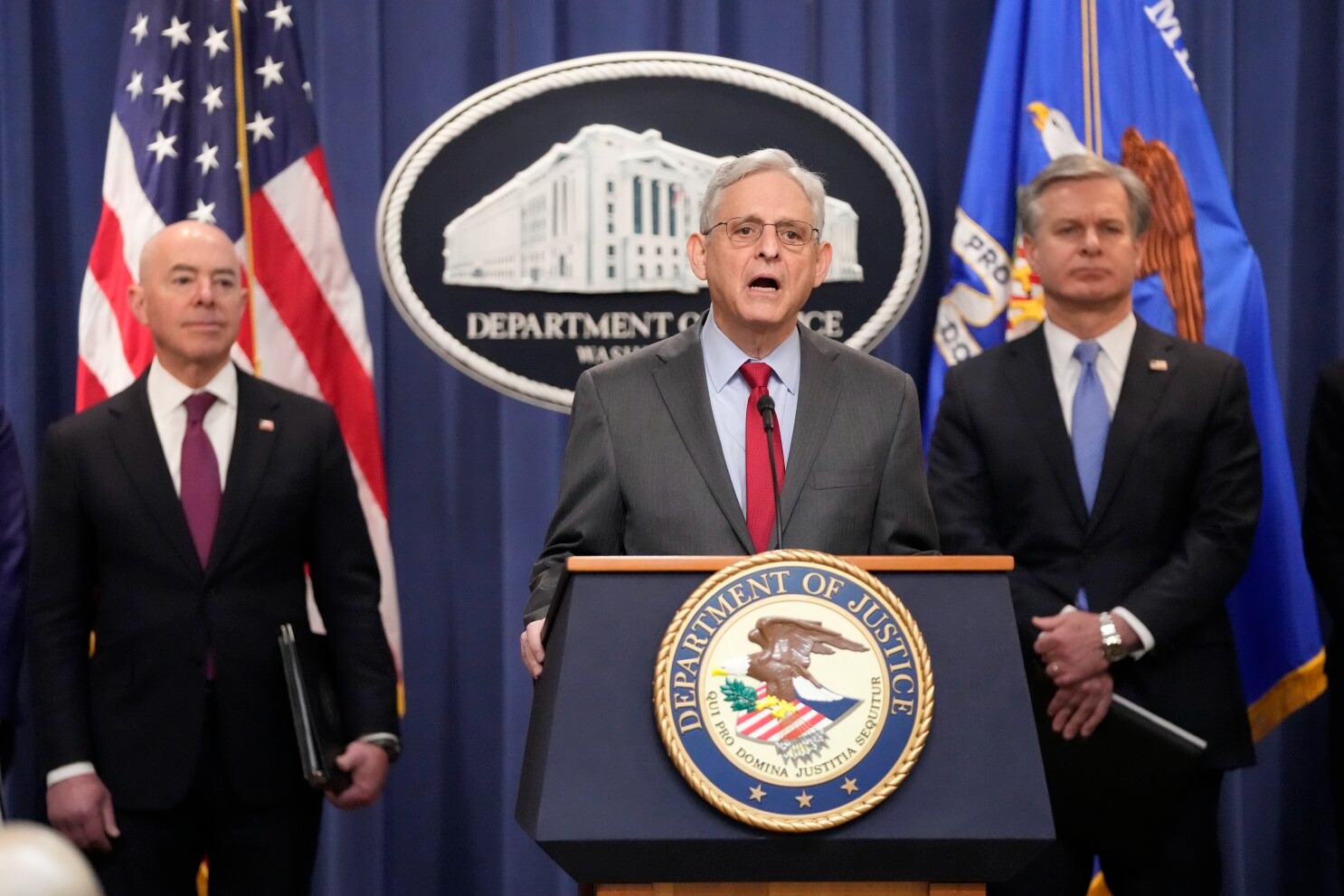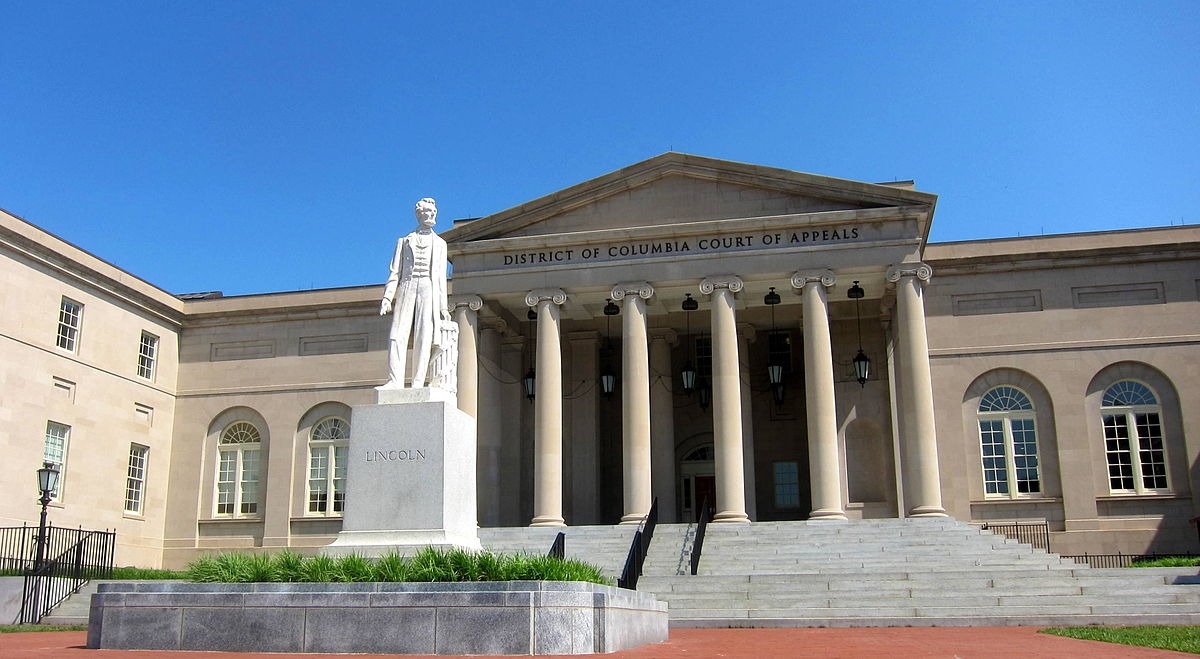A recent government investigation reveals that the U.S. Attorney’s Office for the District of Columbia has yet to resolve thousands of reported lobbying violations, years after they were initially flagged.
Under the 1995 Lobbying Disclosure Act (LDA), which demands transparency in federal lobbying efforts, lobbyists must register within 45 days and submit detailed quarterly disclosures of their activities and earnings, along with semiannual political contribution reports.
The Secretary of the Senate and the Clerk of the House refer cases to the U.S. Attorney’s Office when lobbyists fail to comply with these requirements and do not adequately respond to notifications.

U.S. Attorney’s Office (Credits: The National Desk)
According to a report by the Government Accountability Office (GAO), approximately 74 percent of the 3,622 referrals for quarterly reporting violations received since 2014 are still pending resolution as of January. Similarly, around two-thirds of the cases involving political contribution reporting violations remain open.
The unresolved cases are attributed to various reasons, including the inability to locate the lobbyists involved, lack of response after enforcement actions, or the need for further investigation.
Despite these numerous unresolved cases, most federal lobbyists comply with the LDA’s reporting requirements, with violations representing only a tiny fraction of the tens of thousands of disclosures filed annually.
Robert Maguire from the nonprofit watchdog Citizens for Responsibility and Ethics in Washington (CREW) expressed concern over the backlog of unresolved cases, highlighting it as an indication of a lack of adequate oversight in a significantly influential industry.

Justice Dept. (Credits: AP News)
In 2023 alone, nearly 13,000 federal lobbyists reported receiving $4.3 billion, underscoring the vast scale of lobbying activities. The GAO’s findings point to a potential enforcement issue within the U.S. Attorney’s Office, raising questions about its capacity to respond to alleged LDA violations adequately.
Despite the challenges, officials maintain that they possess sufficient resources and authority to enforce the law, with a dedicated team reviewing pending cases every six months and pursuing criminal or civil penalties as necessary.
This situation underscores the complexity and challenges of enforcing lobbying regulations in the U.S., highlighting the need for more efficient processes and perhaps greater resources to ensure compliance and transparency in the lobbying industry.
As the political and financial stakes of lobbying continue to rise, the effective enforcement of the LDA remains critical to maintaining public trust and accountability in the political process.























